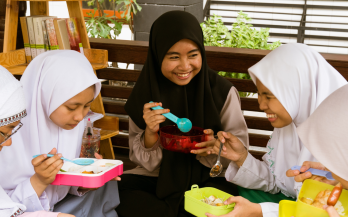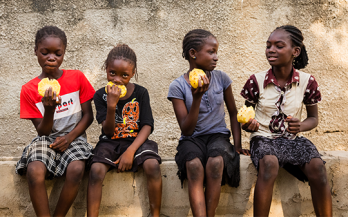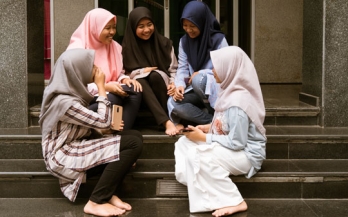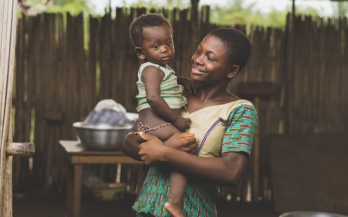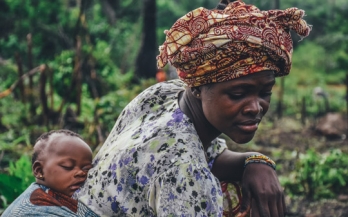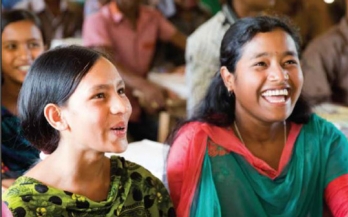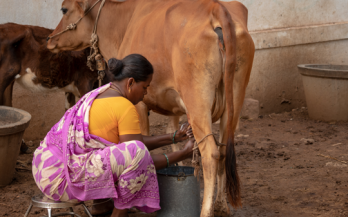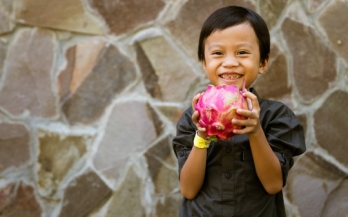- 12/08/2024
This facilitator handbook is a key resource in this process, offering structured support and inspiration. The handbook provides you with suggested plans and sessions but is designed to be used flexibly, with each facilitator selecting the most relevant exercises for them and adding their own content and expertise, and on the group, context, time and mode of delivery you have available. Activities in this guide are suitable for groups of 20 - 30 young people and can be delivered both online an in person.
- 18/04/2024
In 2023, Criterion Institute and UNICEF partnered to develop child lens investing: an emerging field that intentionally integrates considerations of child rights and wellbeing into investment processes. Understanding is growing of the opportunity that exists for increasing economic, social, and environmental impact by considering children when making investments.
- 08/06/2022
Adolescents in Indonesia face multiple nutritional challenges, including undernutrition and anaemia, as well as a growing prevalence of overweight and obesity. To promote understanding of the Healthier Choice Logo among adolescents as well as to learn more about adolescent food choices, GAIN supported a programme called Pelajar Peduli Gizi (Students for Nutrition).
- 09/03/2021
These briefs are part of a series on affordability of nutritious foods for complementary feeding by GAIN and UNICEF conducted in selected countries in Eastern and Southern Africa and South Asia as part of the UNICEF-BMGF Regional Initiatives for Sustained Improvements in Nutrition and Growth (RISING).
- 09/03/2021
These briefs are part of a series on complementary feeding gaps by GAIN and UNICEF conducted in selected countries in Eastern and Southern Africa and South Asia as part of the UNICEF-BMGF Regional Initiatives for Sustained Improvements in Nutrition and Growth (RISING).
- 20/05/2019
Adolescence is defined as the period of 10-19 years. In 2017, almost one out of five Indonesians was an adolescent (44.93 million adolescents). Nutrition is one of the cornerstones for adolescent health. Adolescence is a life stage for physical growth and an opportunity for developing healthy dietary practices.
- 19/05/2019
Bangladesh’s ambitions for middle-income status require the energy and creativity of the next generation. Investments in the nutrition of adolescents will enable this potential by realizing the demographic dividend.
- 23/11/2020
GAIN seeks to understand and tackle barriers faced by small enterprises working to boost availability, affordability, desirability, and convenience of nutritious foods like milk, especially for people on low-incomes and population sub-groups who stand to benefit from greater consumption of nutrient-dense foods, such as children.
- 20/11/2020
As conveners of the Global Consultation on Food Systems for Children and Adolescents and this Special Issue, UNICEF and GAIN are confident that the evidence presented in this Special Issue will be useful for food system reorientations in support of improved diet quality among children and adolescents.
- 09/10/2020
Although eggs are highly nutritious, they remain scarce and relatively expensive in many low-income settings, including across many of the countries where GAIN operates. Moreover, they are only rarely consumed by children in many regions. Globally, the average egg supply is around 3.5 eggs per person per week.
